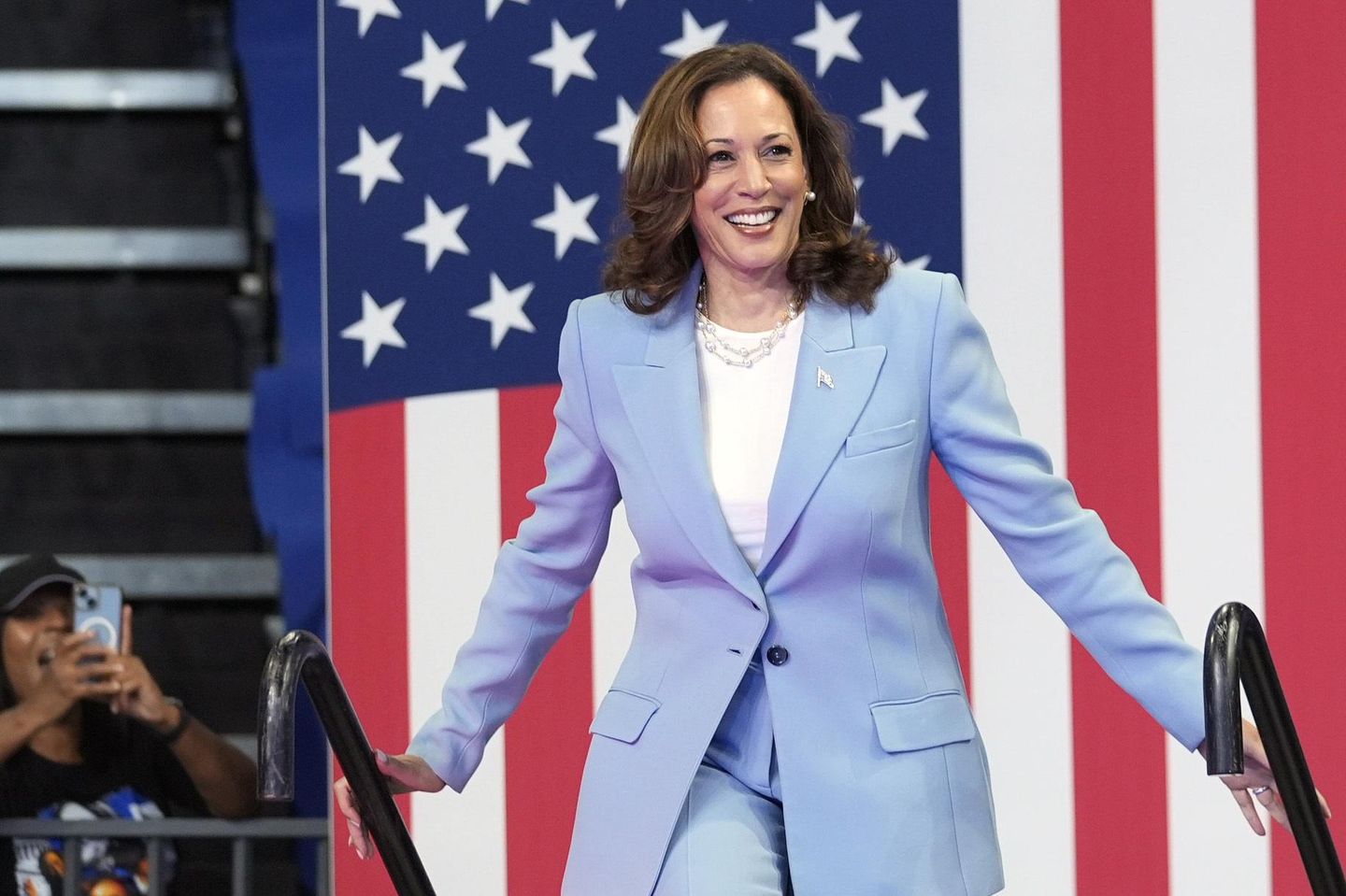In a sweeping legal challenge that has crystallized tensions between federal authority and local governance, the Department of Justice has initiated a high-stakes lawsuit against the state of Colorado, the city of Denver, and key local officials. At the heart of this lawsuit is an accusation that the state and city’s so-called “sanctuary” policies are not only obstructing the federal government’s immigration enforcement efforts but are also compromising public safety.
The lawsuit, filed in the federal court in Denver on a brisk Friday morning, seeks to confront head-on the legal mechanisms through which Colorado and its capital city have established barriers against federal immigration enforcement. It asserts the U.S. government’s predominant authority over immigration matters—a realm where federal interests often take precedence, guided by the Constitution’s Supremacy Clause.
Central to the Justice Department’s grievance is a scenario involving an apartment complex in Aurora, a suburb of Denver, which was allegedly commandeered by members of Tren de Aragua, a Venezuelan gang. This incident, which was spotlighted by former President Donald Trump during a campaign rally, has become a symbolic battleground in the broader debate over sanctuary cities and immigration enforcement. According to federal authorities, Colorado’s sanctuary policies facilitated an environment where such a gang could operate with impunity. Local officials, while dismissing the idea that the gang had overtaken extensive areas, acknowledged the severe issues faced at the complex, exacerbated by criminal activities linked to the gang members.
The controversy extends into city ordinances and state laws that limit cooperation between local law enforcement and federal immigration authorities. The DOJ’s filing accuses these regulations of being deliberately designed to counteract and discriminate against the execution of federal immigration laws. It is in this context that the department has sought judicial intervention to declare such laws unconstitutional and preempted by federal statutes.
Named as defendants in the suit are several high-profile leaders including Colorado Governor Jared Polis, Attorney General Phil Weiser, Denver Mayor Mike Johnston, and Denver Sheriff Elias Diggins. Responses from these officials mirror a staunch defense of their policies and a readiness to contest the federal allegations. A spokesperson for Governor Polis emphasized that while Colorado values its relationships with law enforcement at all levels, the state will adhere to the court’s decisions regarding the validity of its laws. From the Mayor of Denver’s office came a particularly defiant tone, asserting that the city would not succumb to pressure or intimidation tactics, especially from an administration perceived as disregarding legal norms and factual accuracy.
The legal challenge arrives against a backdrop of existing tension between several U.S. cities and the Trump administration regarding sanctuary policies. These cities, which include bastions of opposition like Boston, Chicago, and New York, have been fierce in their resistance to federal directives mandating increased cooperation with Immigration and Customs Enforcement (ICE). The strain was evident when Mayor Johnston testified in Washington D.C., facing critical Republicans in the House Committee on Oversight and Government Reform who argued that non-cooperation from cities endangered law enforcement and the public.
Echoing a broader national discourse, the lawsuit also touches upon the contentious measures enacted by the Trump administration to penalize sanctuary cities by withholding federal funding, a policy that has spurred a slew of legal challenges across the country. The definition of what constitutes a sanctuary policy remains nebulous and broadly encompasses measures that restrict local cooperation with federal immigration enforcement.
Historically, the federal government, through ICE, has relied heavily on local law enforcement to alert them about individuals they wish to deport, especially in large-scale operations. The challenge now posed by Colorado and Denver represents a significant test of how far local jurisdictions can go in opting out of this cooperative framework without breaching constitutional bounds.
As this legal battle unfolds, it will not only determine the future of local immigration policies in Colorado but also set precedents that could affect the interplay between state sovereignty and federal authority across the United States. With both sides entrenched in their positions and the nation watching closely, the outcome of this lawsuit is set to have far-reaching implications for the contentious politics of immigration in America.









